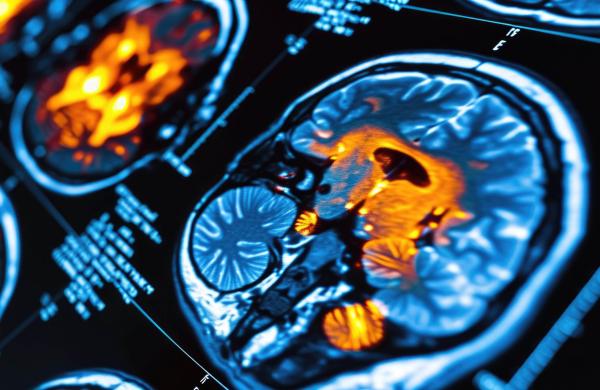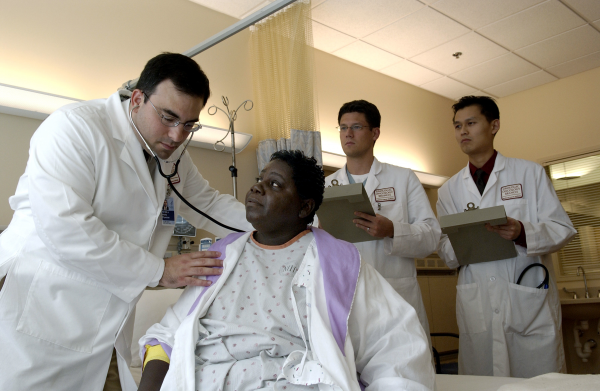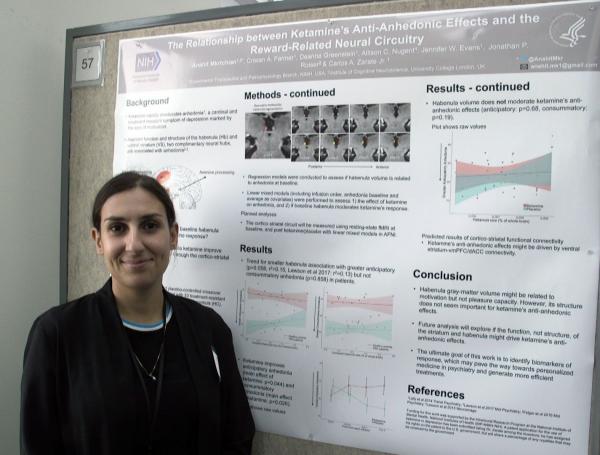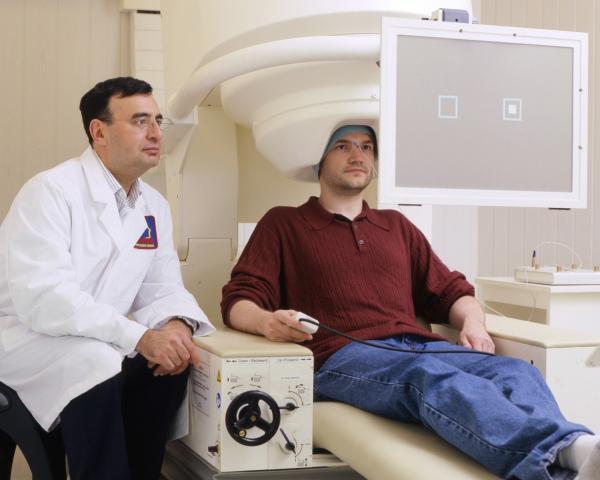Illuminating the Brain’s Hidden Secrets
New Molecules for PET Scans Shed Light on Psychiatric Disorders
For most kids, witnessing a classmate get teased for strange behavior or learning struggles is an unfortunate but common part of life. Growing up, IRP senior investigator Robert Innis, M.D., Ph.D., viewed the situation differently when he observed it during a high school geometry class.
“Some of my classmates were criticizing one student like he was a bad person,” he remembers. “I kept thinking, ‘You can’t blame him. It’s the chemistry in his brain that causes him to act that way. Don’t think you’re so high and mighty. It’s just your chemistry!’”
That interest in brain chemistry and how it relates to normal and abnormal behavior laid the foundation for Dr. Innis’s research in neuropsychiatry and brain imaging. As we observe World Brain Day on July 22, we took the opportunity to talk with Dr. Innis about his research, which uses a technique called positron emission tomography (PET) to measure the levels of various proteins in people’s brains and learn about their function in both healthy states and neuropsychiatric diseases.










